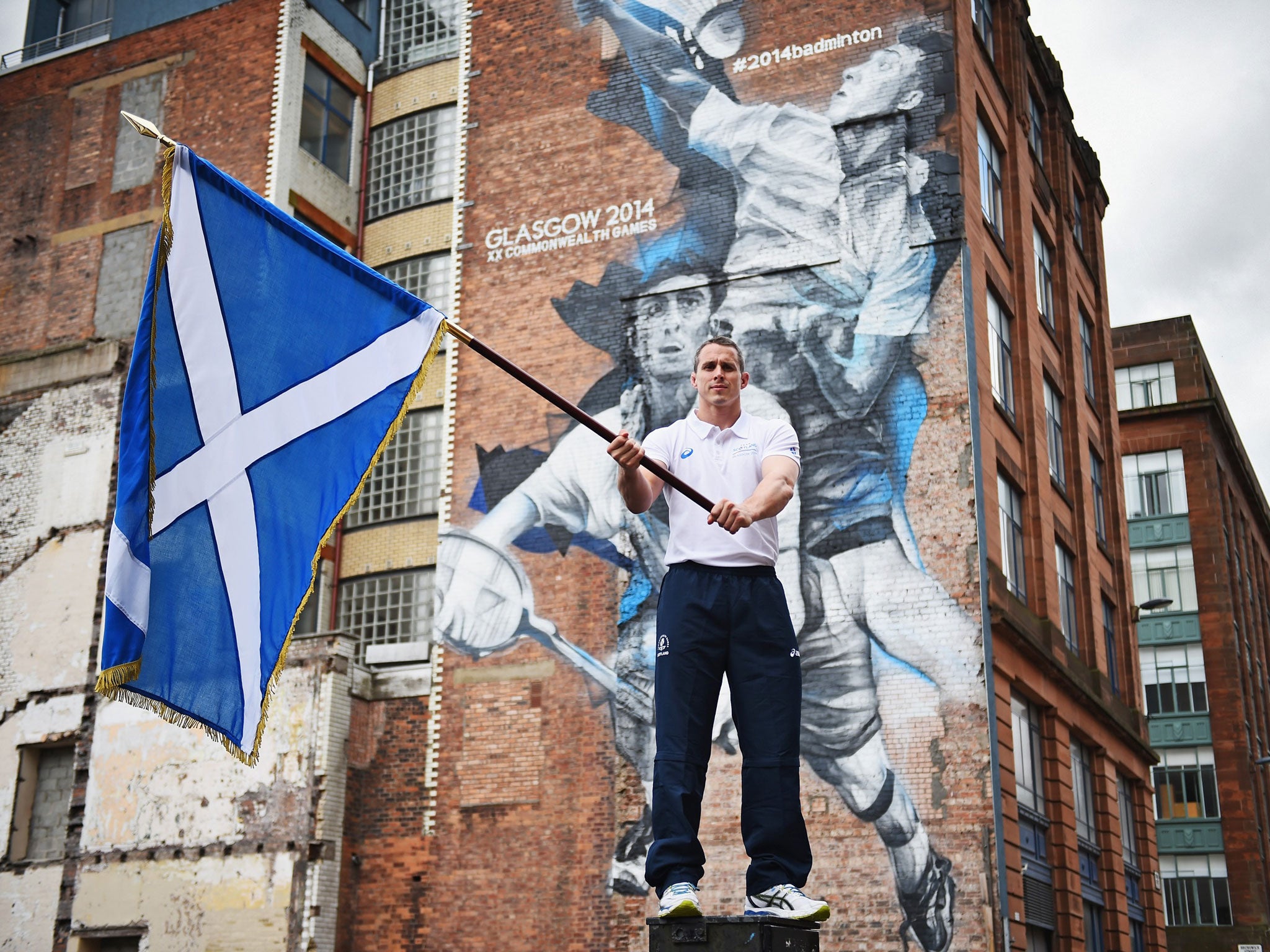Commonwealth Games: Glaswegians living beside venues exercising less than before event
Sporting participation and physical activity among residents have both fallen by around 10 per cent compared to 2012, says research

People living beside some of Glasgow’s most prominent Commonwealth Games venues are playing less sport and taking less exercise than they did before the event, according to new research.
Sporting participation and physical activity among residents of the city’s East End, which now boasts a number of world-class sporting venues including the Sir Chris Hoy Velodrome, have both fallen by around 10 per cent compared to 2012, the study found.
Although the majority of those surveyed said they felt positive about last summer’s Games, less than a quarter of East End residents actually attended a ticketed event – leading to concerns that they may have been discouraged by high prices.
“The findings raise some questions about the promotion and accessibility of the Games and some of its associated legacy programmes to members of the local, host community,” the University of Glasgow researchers wrote.
More than 1,000 local residents were interviewed during the first part of the GoWell East survey in summer 2012, with around 400 taking part in follow-up questioning at the end of 2014 so the results could be compared. A third series of interviews will be carried out next year.
More than 70 per cent of those surveyed said they had been inconvenienced in one or more ways by the Games, citing problems such as traffic congestion, security cordons, noise and antisocial behaviour. But the vast majority (77 per cent) said the issues had been “worth it” for the benefits and enjoyment the event brought.
Most also reported that some sections of the East End – which has some of the highest levels of social deprivation in the country – had become safer and more pleasant since the Games had taken place. Almost 60 per cent said their neighbourhood was a better place to live than it had been two years earlier, while 64 per cent now felt safe to walk around locally, an increase of 9 per cent on 2012.

But while residents agreed that the quality of their local sporting facilities had improved, only 8 per cent reported taking up a new sport – or doing more sport – as a result of the Games. Lower levels of sports participation and physical activity were reported overall.
The researchers said this fall may be explained by the fact that the follow-up survey was conducted in winter, when sporting participation across the country is generally lower. The third round of interviews next summer should provide more reliable results, they added.
But Dr Gerry Mooney, a social policy lecturer with the Open University who has conducted separate research into the legacy of the Commonwealth Games, told The Independent the decline may also be explained by the fact that the new facilities were too expensive for local residents.

The study also showed that only 23 per cent of East End residents attended a ticketed Games event, despite 43 per cent saying in 2012 that they intended to go. Dr Mooney said many people “could not afford to spend good money” on tickets, while others felt “insulted” that they had only been offered complimentary access to one event.
“There was no sustained effort on the part of the Games authorities to make a real issue of involving locals,” he said. “There was a feeling articulated by a number of people we spoke to that the Games was ‘not for them’ – it was for people who elsewhere, in posher areas of Glasgow and Scotland.”
Jamie Hepburn, Scottish Government Minister for sport, health improvement and mental health, said: “As this report acknowledges, the apparent fall in physical activity and sports participation is likely to be largely explained by seasonal differences.
“What is encouraging is that the study shows that the Games were a largely positive experience for the residents of the East End. The Games have been a strong catalyst for regeneration in this part of the city, with the survey indicating that residents are noticing a real difference.”
Ade Kearns, Professor of Urban Studies at the University of Glasgow and the study’s principal investigator, added: “In general, our findings indicate that the Commonwealth Games were a positive experience for many of the people we interviewed in the East End of Glasgow.
“More importantly, however, the regeneration process is producing improvements, some faster and some slower than others, that offer the prospect of future gains to quality of life and health and wellbeing in the area.”
Join our commenting forum
Join thought-provoking conversations, follow other Independent readers and see their replies
Comments
Bookmark popover
Removed from bookmarks